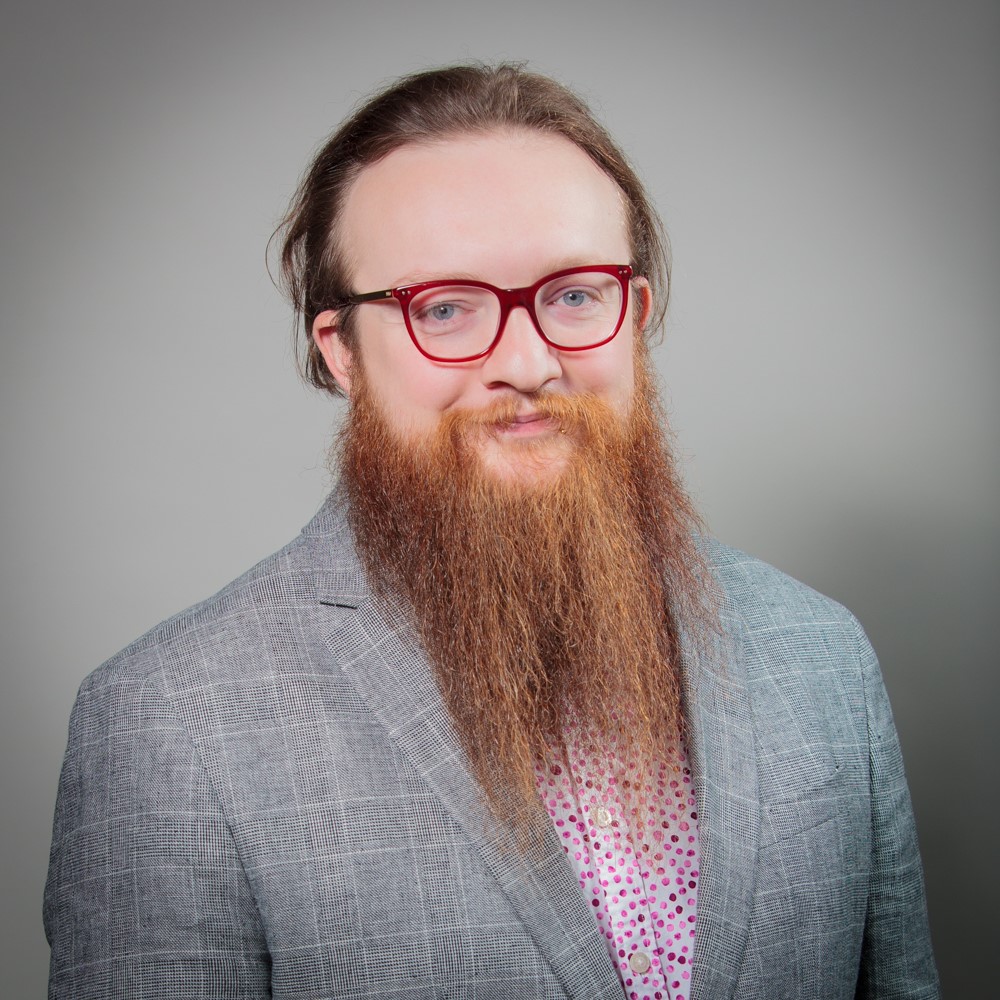Overview
Yorkville University values and promotes intellectual engagement and scholarly inquiry among our faculty and academic staff. The Support for Scholarly Activity Fund (SSAF) is an internal fund that supports faculty and staff in advancing scholarly, creative, and applied research aligned with Yorkville’s academic mission and Boyer’s Model of Scholarship. The SSAF aims at fostering high-quality scholarly activities across disciplines that helps to advance knowledge, improve teaching practices, and contribute to professional and community engagement.
Two competitions annually:
- Spring Competition: Applications due in Winter, awards announced April/May
- Fall Competition: Applications due in Fall, awards announced November/December
Award Details
Who can apply?
Principal applicants for SSAF funds may include:
- full- and part-time faculty affiliated with any Yorkville University campus(es) who have taught at least two terms and are scheduled to teach two upcoming terms.
- academic administrators, librarians, or academic staff.
Group submissions are also welcome, and in such cases the principal applicant must be affiliated with Yorkville University.
What does SSAF support?
The SSAF supports a broad range of research and scholarly projects. The projects must align with Boyer’s (1990) Model of Scholarship. Eligible individuals or groups may apply for funding to support projects in one or more of these areas of scholarly activity. Applicants should identify which of the following categories best describe their project.
- Scholarship of Discovery: The complex application of activities seeking to satisfy curiosity and the quest for new knowledge.
- Scholarship of Integration: The synthesis and connection of knowledge across disciplines, fields, or time.
- Scholarship of Application/Engagement: The deployment of knowledge and expertise to address real-world problems and benefit society.
- Scholarship of Teaching and Learning (SoTL): The systematic study of and development of methods to improve teaching effectiveness, curriculum development, and pedagogy.
How much funding can I apply for?
Maximum funding amount for each proposed project is $10,000 and funds must be expended within one year since it is awarded. Final allocations depend on merit and justification and will be decided by the SSAF Committee.
What expenses are eligible?
Fundable activities include, but are not limited to:
- Research-related supplies and materials
- Specialized software or licenses
- Equipment and goods (become university property upon completion)
- Research assistant compensation
- Travel, accommodation, and meals for research activities
- Publication and dissemination costs (editing, layout, open access fees)
What expenses are not eligible?
- Retroactive costs
- General office supplies
- Honoraria for Yorkville employees
- Conference registration and travelling
- Equipment already available through the university
What are SSAF limitations?
- Projects must typically be completed within 12 months
- Award holders cannot pay themselves for their time
- No support for doctoral research or degree completion activities
- No funding for course/program development or commercial ventures
What is the evaluation criteria?
Applications are evaluated on the following dimensions:
- Scholarly merit and methodological rigor
- Alignment with Boyer’s model and institutional priorities
- Clarity and feasibility of the research plan
- Budget justification and cost-effectiveness
- Potential for impact and dissemination
Do I need research ethics approval before applying?
Projects involving human participants must receive REB approval before funds can be released, but it is NOT required at the time of application.
Can I reapply if I have received SSAF award before?
Previous SSAF recipients may apply again after a one‑year cycle, provided they have submitted the required final report for any prior awards and are proposing a new project.
Can I collaborate with someone at another institution?
Yes, external collaborators are permitted. However, SSAF only supports research activities led by Yorkville University faculty and staff and cannot be directly transferred to other institutions.
Can I submit multiple applications?
Typically, only one application per faculty member is accepted per competition cycle. However, faculty may participate as co-investigators on more than one proposal.
Can I get feedback if my application is not successful?
Yes. Applicants may request summary feedback and are encouraged to revise and reapply in future cycles.
What happens after my project is funded?
You’ll receive an SSAF Award Letter and be asked to sign this letter confirming your agreement with SSAF terms.
Do I need to report on my project?
Yes. All recipients are required to submit the SSAF Final Report Form within one month after the fund ends (regardless of project completion). The report should describe the project outcomes, actual use of funds, and include supporting documentation (e.g., publications, presentations, workshop materials).
Can I make changes to my project or budget after funding is approved?
Minor changes may be allowed with prior written approval from the Director of Academic Research. Email tle@yorkvilleu.ca to discuss.
Is it possible to defer the funding if my project timeline changes?
SSAF funds must be used within one year after the Award Letter is released. In exceptional cases, a one-time deferral request may be submitted for review by the Director of Academic Research.
Can I get help with my proposal before submitting?
Yes. 1:1 consultations and proposal reviews are available. Book an appointment with Dr. Thu Le here: Bookings with me – Thu Le – Outlook
Who should I contact with questions?
For all inquiries related to SSAF, contact ssaf@yorkvilleu.ca
SSAF Funding Cycle
Pre-application
- Call for Proposal: The OAR announces funding opportunities and application deadlines.
- Application Guidelines: Comprehensive instructions and requirements are provided for each funding cycle.
- One-on-One Support: Individual consultations are available to assist applicants in proposal development and address questions.
Application Review
- Application Submission: Applicants complete the Application Form, which requires a research summary and supporting documentation (e.g., eligibility form, research proposal, CV).
- Committee Evaluation: The SSAF Committee assesses all applications using established, transparent evaluation criteria.
Post-application
- Funding Decisions: All applicants receive written notification of outcomes.
- Award Acceptance: Successful applicants sign the SSAF Acceptance Letter to formalize the funding agreement.
- Project Completion: Recipients submit a a final report documenting project outcomes and expenditures.

